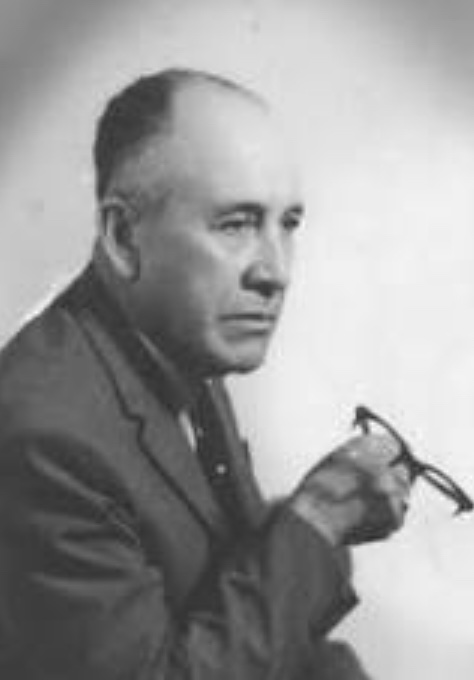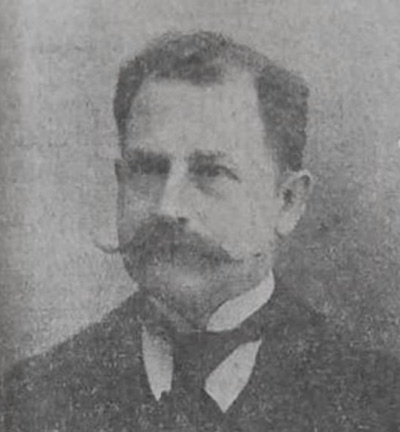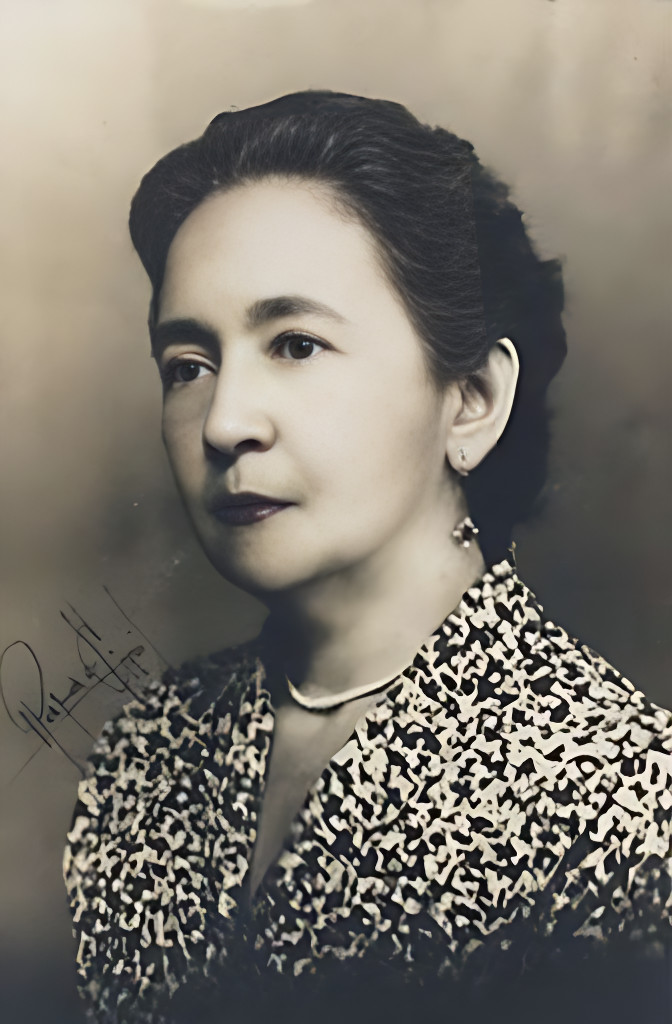Justino Cornejo Vizcaíno (Puebloviejo, Los Ríos, Ecuador, August 9, 1904 – Guayaquil, July 24, 1988) was a writer, educator, linguist, folklorist and scholar of Ecuadorian culture. He was a socialist and several times jailed at protests or by orders of Ecuadorian presidents. He published many articles in newspapers such as El Mercurio, El Día, Expreso, and El Telégrafo. He belonged to 22 foreign and 12 national institutions. In addition, he received twelve decorations, including that of Commander of the Order of Prince Henry (Ordem do Infante Dom Henrique) conferred by the President of Portugal. Some of his notable books include: “Diccionario del hampa guayaquileña” [Guayaquilean Underworld Dictionary] (1953), “Lengua i folclore” [Language and Folklore] (1963), and “El Quichua en el Castellano del Ecuador” [Quichua in Ecuador’s Spanish] (1967), to name a few. His complete works were published in 1989. Since then, previously unpublished works have been released, such as “Celda carcelaria” [Jail Cell] (2002), in which Cornejo writes about his experiences during his 90-day imprisonment in 1953 on the orders of Ecuadorian President José María Velasco Ibarra, who accused him of attempting to destabilize his government as an editorialist for La Nación newspaper. From 1946 until his retirement in 1968 he was a professor of Spanish and literature at the University of Guayaquil. In 1950, he became a member of Ecuador’s Academy of Language.
Continue reading “Justino Cornejo”Category: Writers from Puebloviejo
J.O. Llaguno
Jerónimo Orión Llaguno Márquez (also known as J. Orión Llaguno and J. O. Llaguno) (Puebloviejo, September 30, 1869 – Guayaquil, May 16, 1965) was an Ecuadorian poet, journalist, and civic leader. He was a founding member of the Circle of Journalists of Guayas in 1936 and also wrote the hymn for El Universo, one of Ecuador’s oldest newspapers. Llaguno’s poetry, rooted in Romanticism, is best known through works such as Frondas poéticas (1909) and Resonancias de mis selvas (1953). Over his career, he contributed significantly to Ecuadorian literature and journalism, receiving numerous accolades, including being named Redactor Vitalicio (Lifetime Editor) of El Universo.
Continue reading “J.O. Llaguno”Aurora Estrada y Ayala
Aurora Estrada y Ayala de Ramírez Pérez (Pueblo Viejo Canton, Los Ríos Province, November 17, 1901 – Guayaquil, March 12, 1967) was an Ecuadorian poet, columnist, narrator, educator and politician. She is considered a major figure in Ecuadorian literature. Among her best regarded works are: Himno a la Provincia de Los Ríos, Himno al Colegio Aguirre Abad, and Canto de las Trabajadoras. In 1922 she founded and was the editor in chief of Potreo, a monthly magazine which published some of Ecuador’s best young poets of the time, such as Jorge Carrera Andrade, Hugo Mayo, Francisco Fálquez Ampuero, as well as poets from other countries, such as the future Nobel laureate Gabriela Mistral from Chile. Estrada only published 2 books during her lifetime, Como el incienso (1925) and Tiniebla: veinte trenos y una canción de cuna (1943). An anthology containing many of Estrada’s poems was published by Isabel Ramírez Estrada in Aurora Estrada i Ayala, estudio biográfico-literario y antología (1976). Most of Estrada’s poems were published in magazines and newspapers in and outside of Ecuador which have not yet been collected and published in a “complete” collection.
Continue reading “Aurora Estrada y Ayala”

